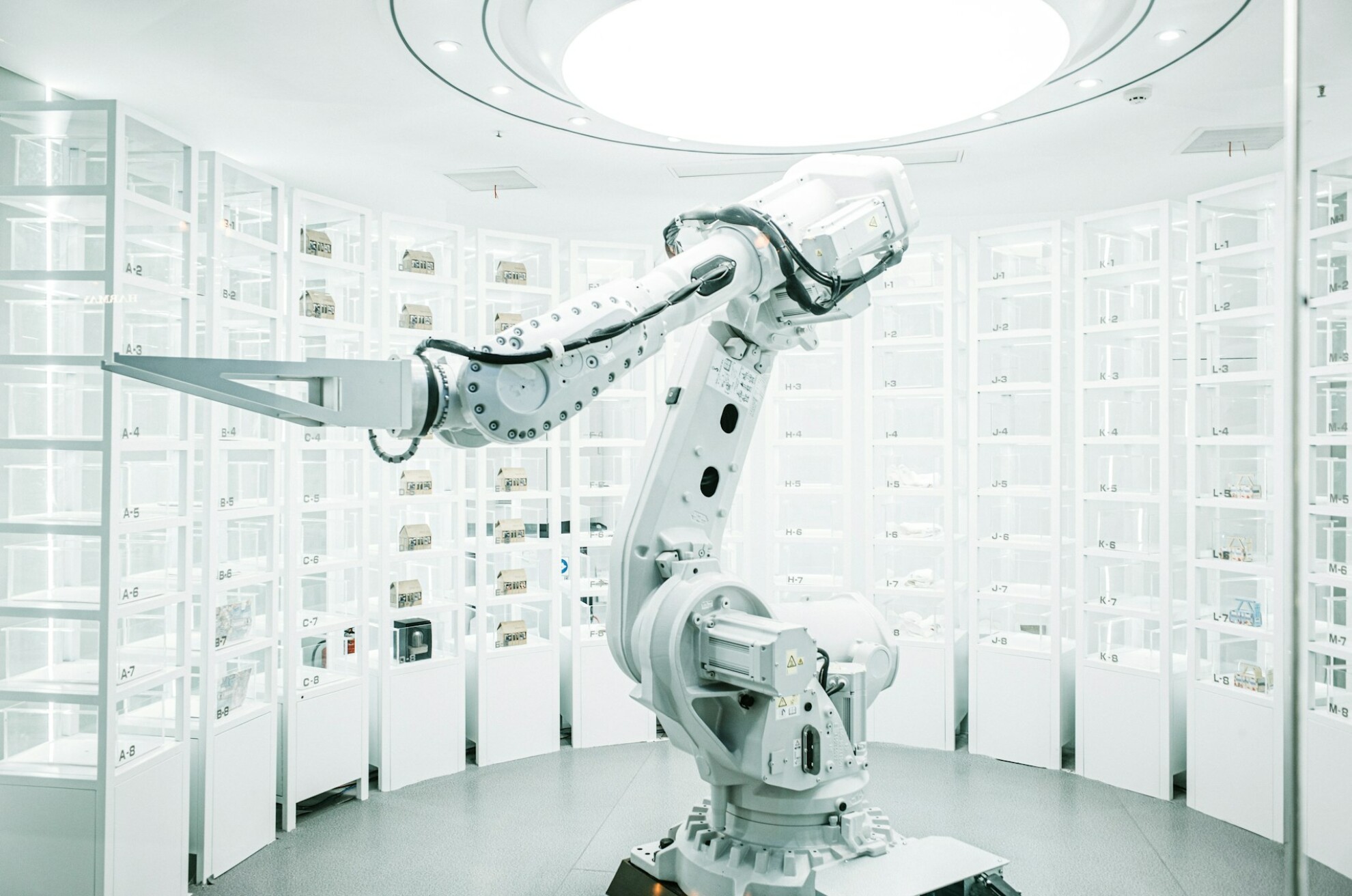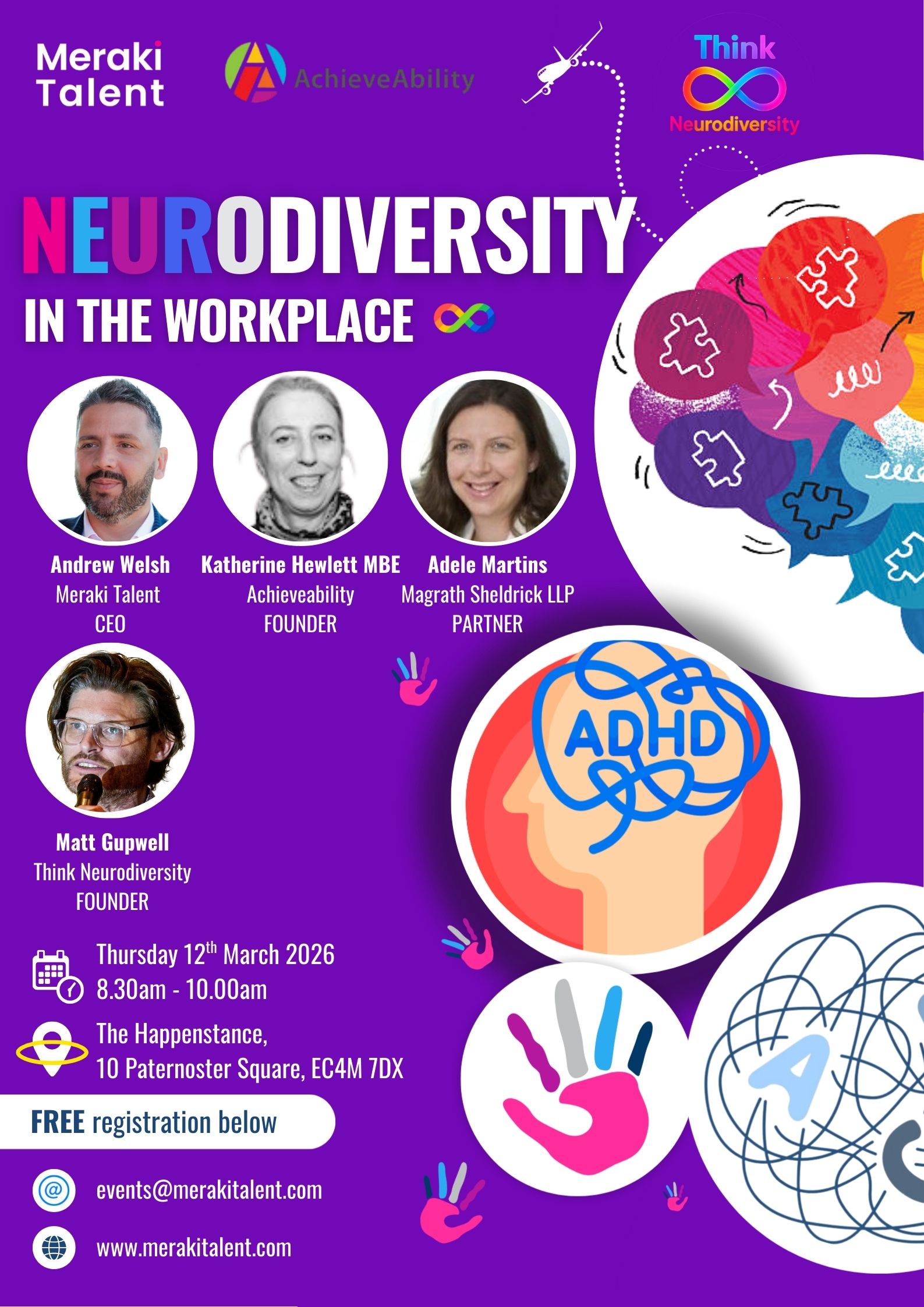
How to future-proof your career
| 08/10/2024
Love or loathe it, artificial intelligence (AI) is here to stay. According to research from ServiceNow, the UK job market could undergo a major transformation with 610,000 new roles by 2028. This is all thanks to advancements in AI. But what jobs could it make redundant, but more importantly, what jobs will it create?
How to future-proof your career
Like other technologies before it, on one hand, AI will disrupt the workforce and lead to redundancies, but AI will create a net-positive gain in employment. To future-proof your career in the age of AI, focus on continuous learning and adaptability. A growth mindset is key here, as you must expand your knowledge and skills beyond your current job and sector. Learning new things will help you adapt to changing situations, solve problems, and find new ways to add value to your employer. LinkedIn has seen an 80% increase in their users watching AI-related learning courses, and a 60% increase in generative AI skills, including Chat GPT and prompt crafting, added to users’ profiles every month since January 2023. By staying flexible and proactive, you can navigate the evolving job landscape and secure your career’s future.
Do the things AI can’t
With enhancements in new technology, AI, automation, and ChatGPT, professionals in all industries and stages of their careers must upskill. According to the World Economic Forum (WEF), half of workers need to reskill in the next five years. Developing soft skills like creativity, critical thinking, and emotional intelligence (EI) is crucial, as AI struggles to emulate these. Taking time to build your professional brand and become an expert in your field will make you less dispensable. Taking part in real-life experiences such as networking ensures you maintain a human touch.
What jobs will AI replace?
Goldman Sachs predicts AI could replace 300 million full-time jobs globally in the coming years. Some jobs are likely to decline quickly because of AI. These are mostly clerical or secretarial roles, bank tellers, and data entry clerks. Roughly half of British workers believe AI will impact their jobs in some way in the next five years, according to a study by PwC. Some firms have already announced they will cut thousands of jobs, and replace a fifth of their workers with AI.
What jobs will AI create?
Naturally, most of the new jobs will be in the tech field. Human workers are needed to train and develop AI systems. In 2024, new job titles are starting to crop up on job boards. These roles include machine manager, prompt engineer, and AI trainer. AI trainers help AI systems learn by giving them data and feedback. This role is important in industries like customer service, where AI needs to understand and respond to human interactions. AI business strategists will integrate AI into business strategies to improve efficiency and innovation. They’ll work with departments to identify opportunities where AI can add value. An AI explainer’s role is to make AI easy to understand for people who aren’t tech experts. AI explainers help connect technical teams with business leaders, ensuring everyone knows what AI can and can’t do.
Data detectives in marketing, finance, and healthcare, will analyse data to uncover patterns and insights that can drive business decisions.
In the healthcare sector, AI healthcare specialists work on integrating AI technologies to improve patient care, diagnostics, and treatment. It involves medical and AI knowledge.
HR jobs, new roles, and AI
According to a LinkedIn study, 76% of recruiters believe AI will impact their talent acquisition. Data from the Pew Research Center found that 60% of companies believe AI will be fundamental in managing talent acquisition. As HR teams turn to AI-powered solutions to streamline their hiring processes, what new roles will HR create? People analytics is a useful asset to HR teams. New roles include people analytics specialists to analyse employee data to improve hiring, retention, and performance. AI talent acquisition specialists will use AI tools to streamline processes, source candidates, and conduct screenings. Employee experience designers will use AI to enhance employee engagement and satisfaction.
AI and tech jobs
Emerging technologies will need implementation and maintenance, so a further 400,000 roles are expected to be created. Those looking to upskill in anticipation of new roles should consider learning computer and information system management, development, and data engineering. Service now estimates that the average system administrator could gain up to 12.6 hours weekly. This leaves extra time in the working day to upskill! Machine learning engineers, and AI and cybersecurity researchers are examples of new tech roles.
AI and finance jobs
AI in accounting and finance is usually applied to execute challenging and mundane tasks that will streamline operations. Finance workers must adapt to the changing roles and skills required by AI. They need emotional intelligence (EI), communication, negotiation, and business skills. They will need to broaden their business knowledge, be more proactive and strategic, and add value. These skills will help professionals add value with better advice, consultancy, and solutions for their firms and clients.
New finance roles include AI financial analysts and AI risk managers who will use AI to assess and manage financial risks to improve risk management processes. Fraud detection specialists will use AI to identify and prevent fraud in financial transactions. Beyond AI, green finance roles are also growing.
Find out what jobs Meraki Talent has on offer.
